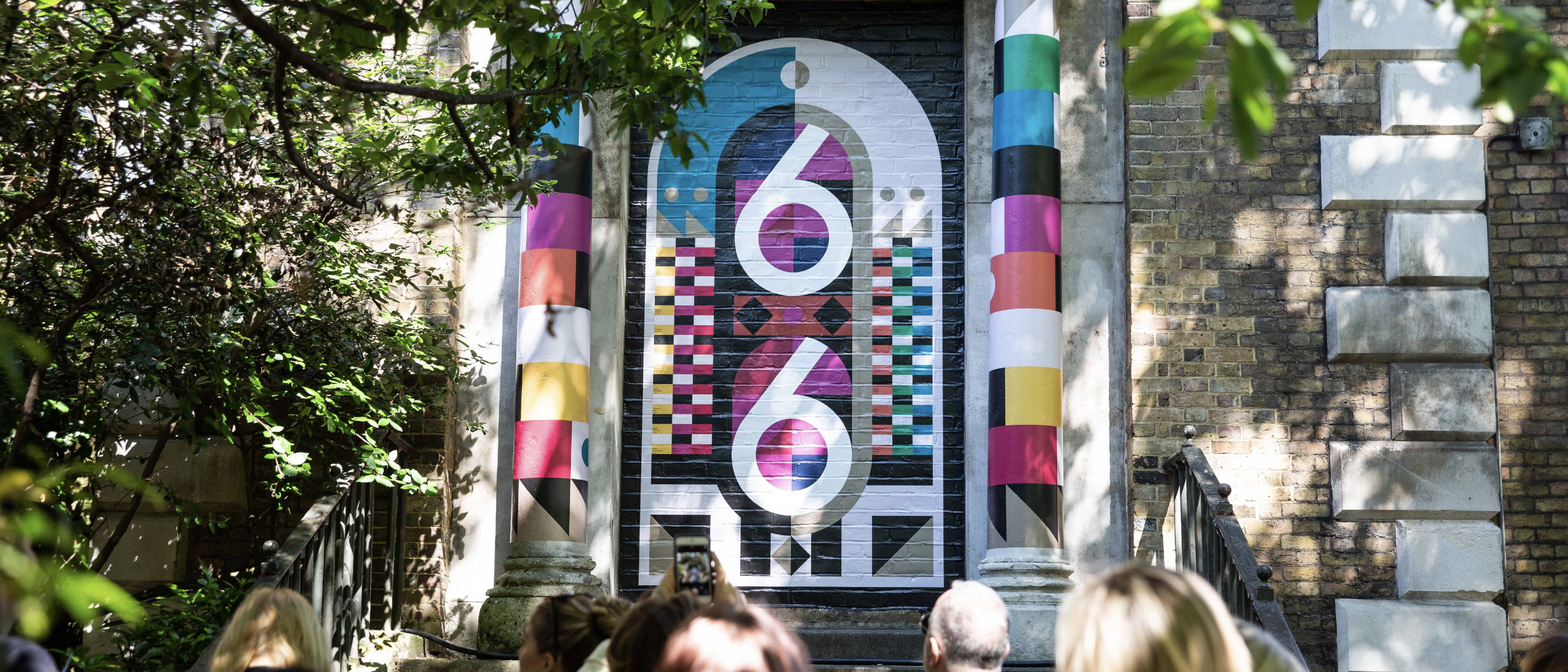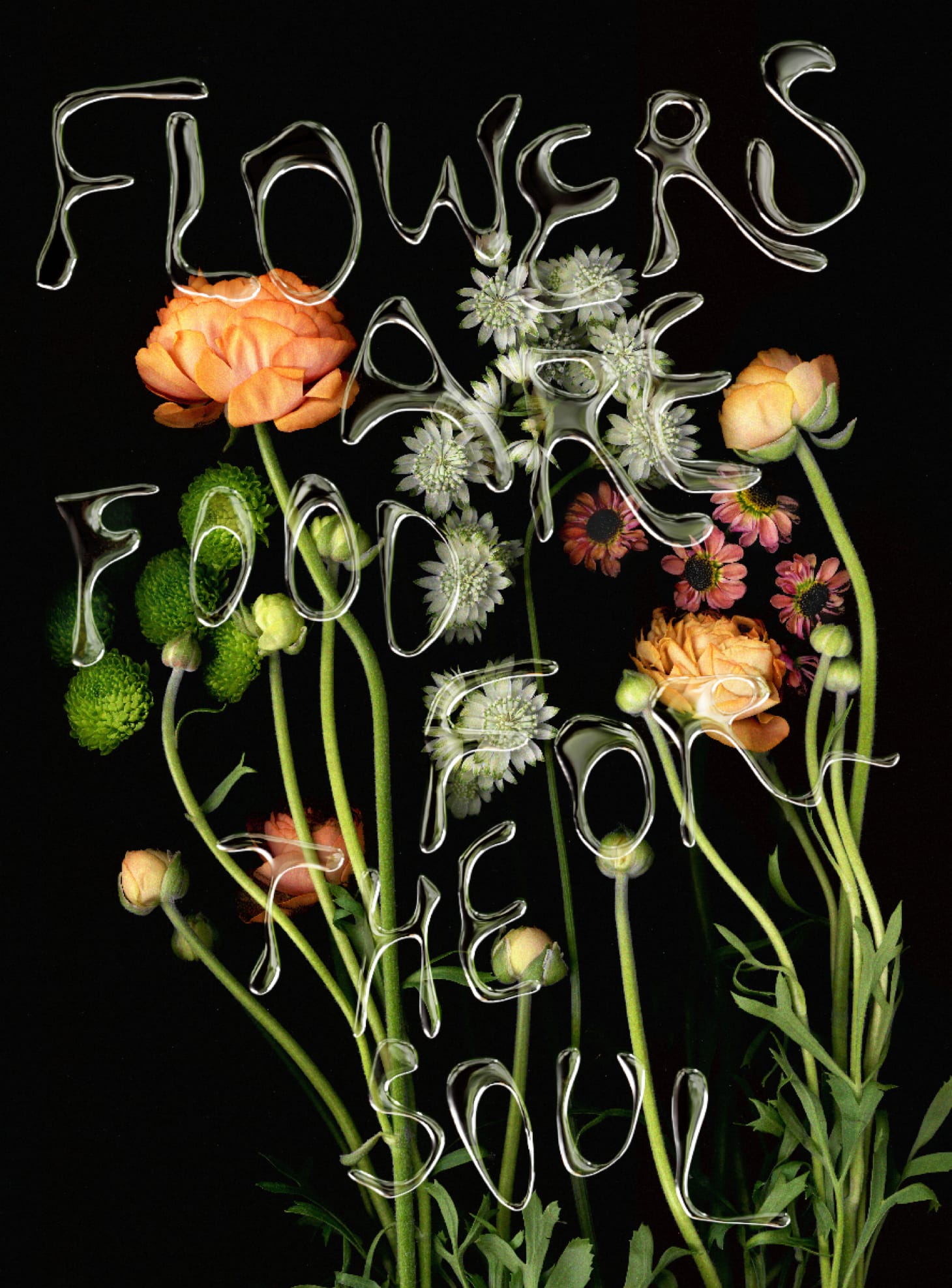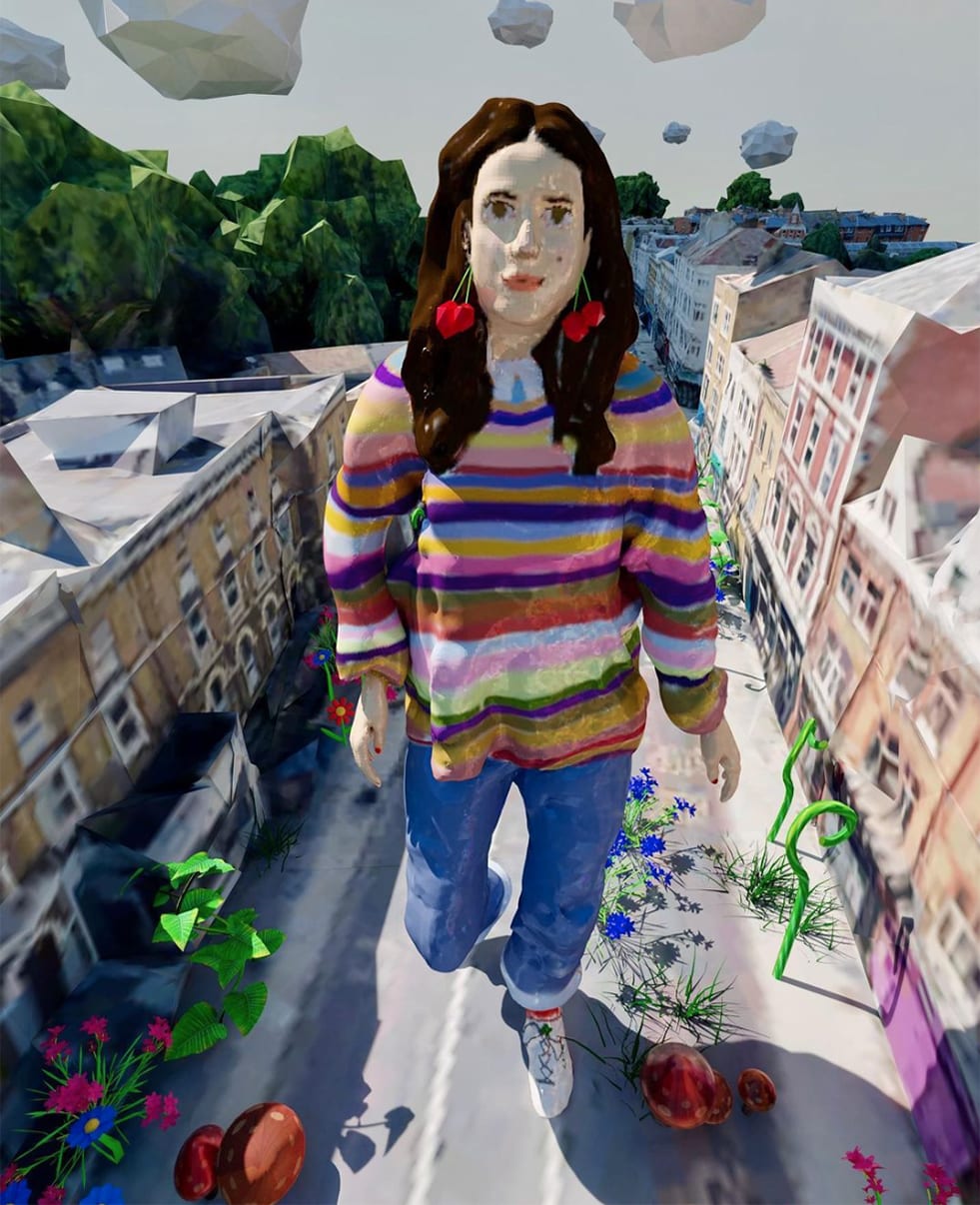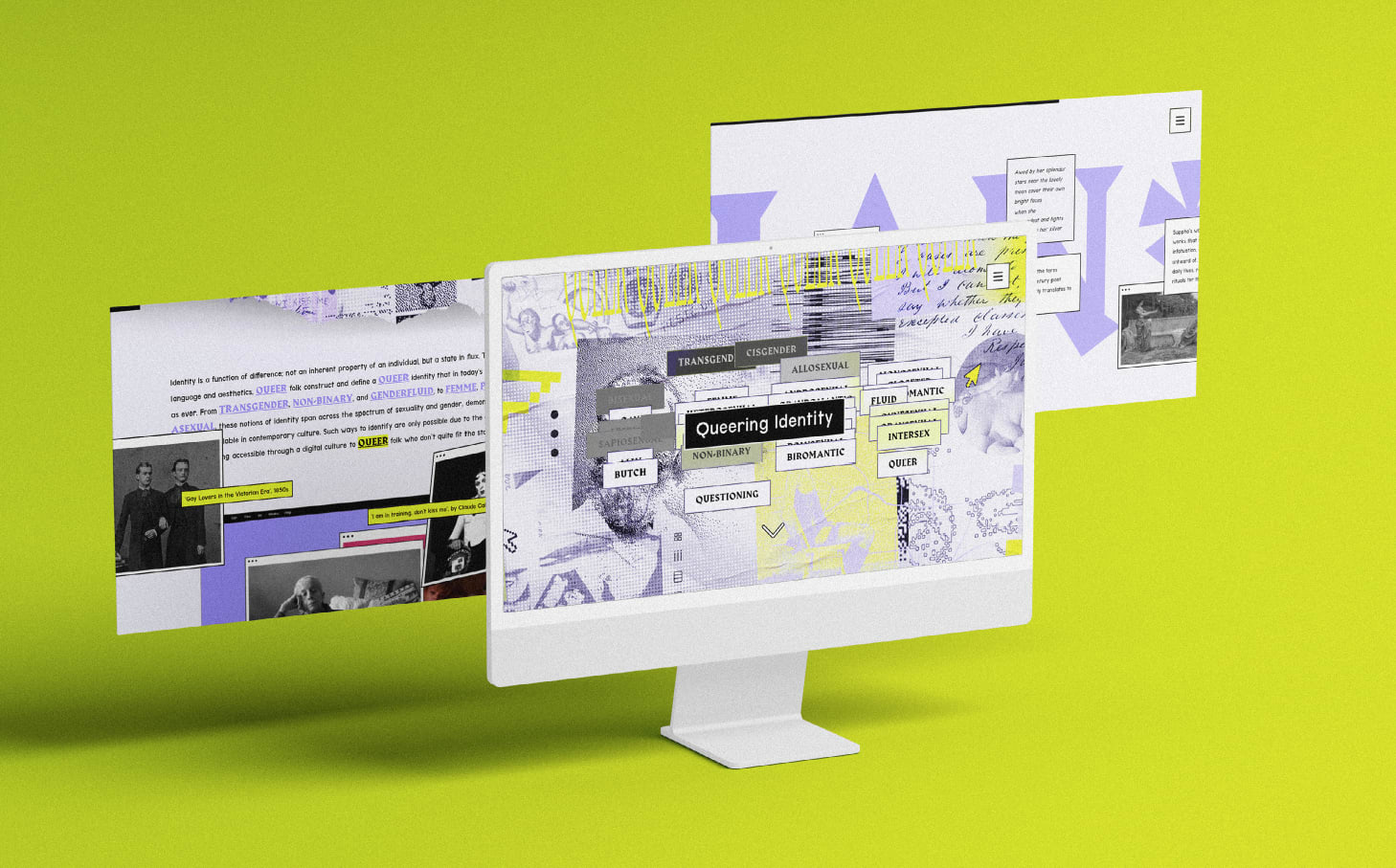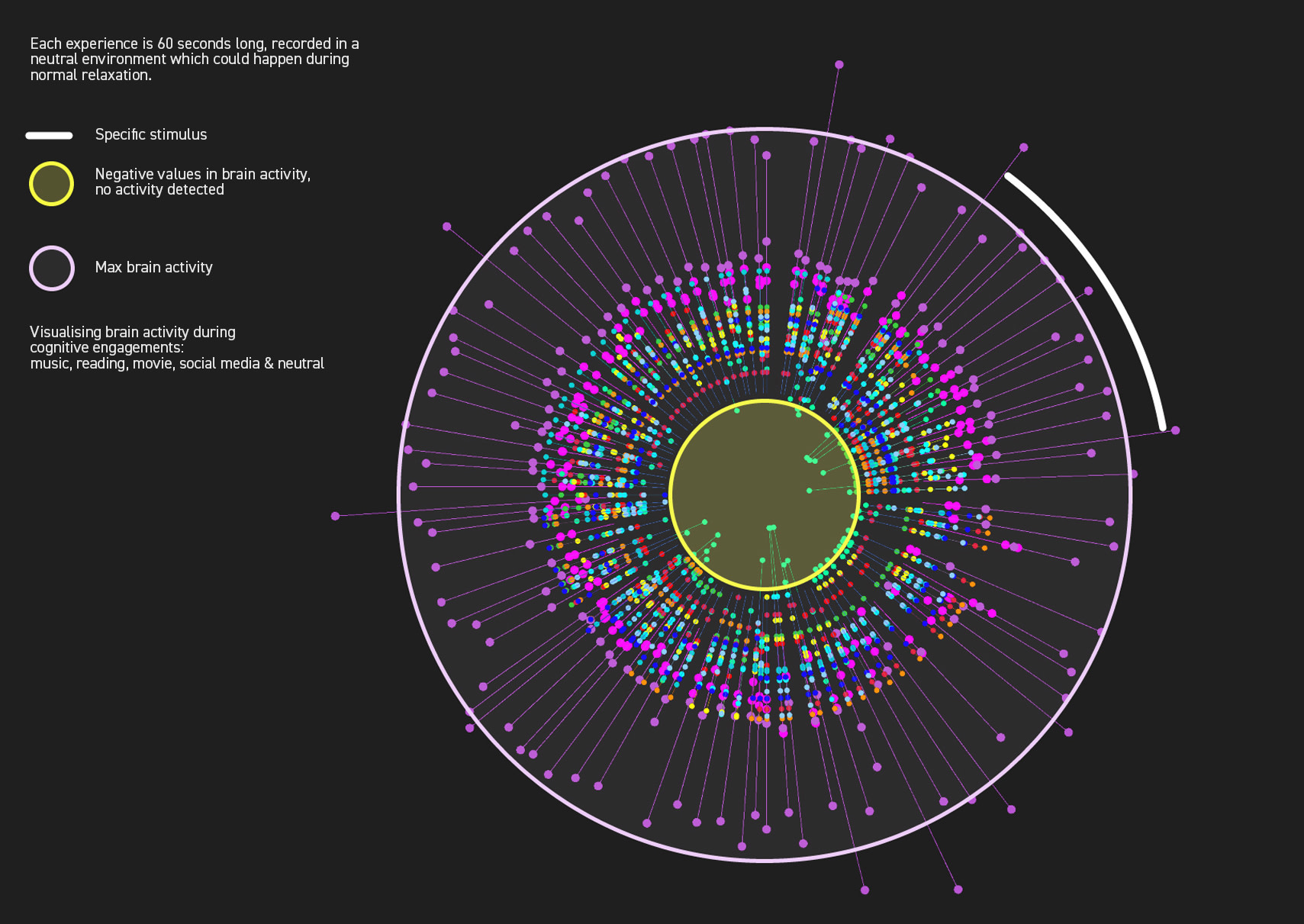Course units
Year 1
Unit 1: Introduction to Graphic Design Communication
Embark on your journey into Graphic Design Communication with this foundational unit. Through workshops, you'll explore the real-world impact of design choices. You’ll begin to develop essential skills for independent and collaborative learning. This unit serves as your initiation to the course, the university and establishes a sense of belonging.
Unit 2: Communication design studio
You’ll build on foundational knowledge, exploring essential skills and tools. The unit synthesises key elements from a range of areas. This includes typography basics, expressive photography and analogue and digital techniques. It aims to foster the mindset of a thinking practitioner.
Unit 3: Storytelling and narratives studio
You’ll refine your creative voice by examining how designers use storytelling and narratives to engage with the world. This will enrich your ability to authentically express your perspective. Through critical exploration, you'll connect design practices to contemporary issues and historical contexts.
Unit 4: Interactive experiences studio
You’ll have the opportunity to craft interactive and engaging experiences. Through storyboarding, wireframing and prototyping, you'll explore the possibilities of user-centric design where creativity and user experience converge.
Year 2
Unit 5: Collaborative and collective practices
You’ll be introduced to different ways of collaborative working. This will help you to focus and enhance your own creative strengths. You’ll have the chance to work with fellow students and creative communities.
Unit 6: Strategic identity and design
Be immersed in the world of branding and strategic thinking in effective communication design. This unit is a dynamic exploration of how research, strategy, and innovation synergise to transform ideas into impactful brand experiences, encompassing both physical and digital realms.
Unit 7: Immersive experiences
You’ll experiment within immersive storytelling environments and mobile platforms. You’ll do this by engaging in hands-on experiences and iterative making in multisensory digital design with an emphasis on emerging technologies such as augmented reality (AR) and artificial intelligence (AI). This sets the way for creating more engaging and transformative experiences.
Unit 8: Expanding practice
This unit empowers you to shape your design identity. You'll have the opportunity to:
- Engage in self-directed briefs and specialised workshops
- Explore design languages and target audiences within a community of practice
- Develop autonomy by defining your role and responsibility as a designer in society
- Prepare for a confident transition into the final year.
Year 3
Unit 9: Professional futures
The unit aims to address the 3Es (employability, enterprise and entrepreneurship). You'll reflect on your learning and skills across the entirety of your study. You’ll have an opportunity to showcase your outcomes and intentions. You'll consider your next steps as you enter industry or continue with your education.
Unit 10: Critical positioning
You’ll develop a research-based critical project that encompasses both written and studio elements. This project will explore core themes related to material, image language and technology culture.
Unit 11: Design Futures Studio
You’ll shape your creative direction by specialising in 1 of 4 cutting-edge studios: entrepreneur, experience designer, changemaker or author.
You’ll work on a self-proposed major project. Through the final degree show, you’ll showcase the skills gained on the course.
Optional Diploma between Years 2 and 3
Between Years 2 and 3 of the course, you’ll also have the opportunity to undertake one of the following additional UAL qualifications:
Diploma in Professional Studies
This optional diploma can be taken between years 2 and 3. With support from your tutors, you’ll undertake an industry placement for a minimum of 100 days/20 weeks. As well as developing industry skills, you’ll gain an additional qualification upon successful completion.
Diploma in Creative Computing
Between years 2 and 3, you have the option to undertake the year-long Diploma in Creative Computing. This will develop your skills in creative computing alongside your degree. After successfully completing the diploma and your undergraduate course, you’ll graduate with an enhanced degree: BA (Hons) Graphic Design Communication (with Creative Computing).
Diploma in Apple Development
This optional diploma can be taken between years’ 2 and 3. You’ll have the opportunity to become an accredited Apple developer, undertaking a learning programme designed by Apple for UAL. After successfully completing the diploma and your undergraduate degree, you’ll graduate with an enhanced degree: BA (Hons) Graphic Design Communication (with Apple Development).
